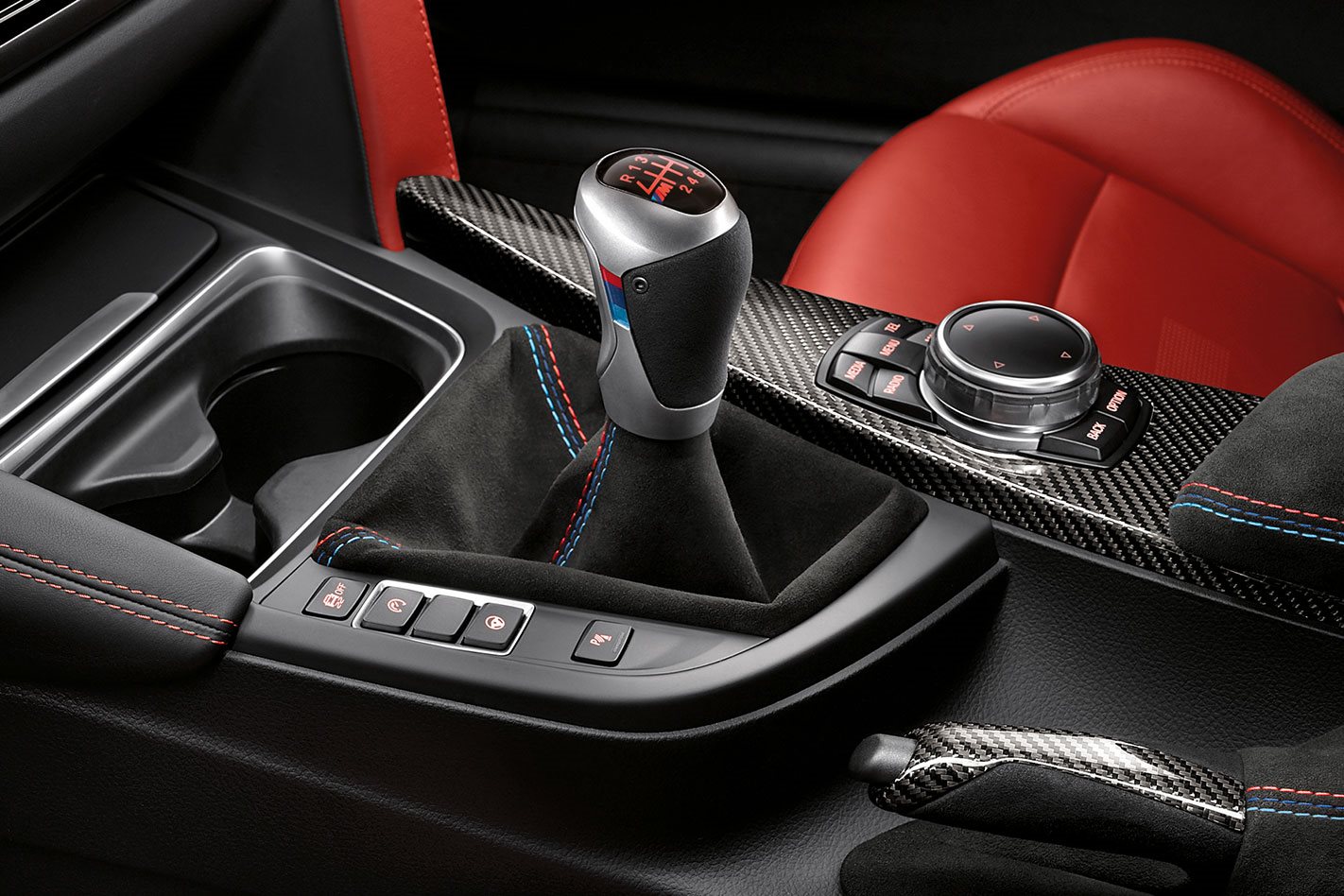THE end of purist manual M-Cars is looming large on BMW’s horizon, with all of its high-performance models set to dump both self-serve manual gearboxes and relatively new dual-clutch technology in favour of torque-converter automatic transmissions as early as 2027.
Driving enthusiasts and M-car fans alike will lament the inevitable passing of the humble H-pattern cog box, but skyrocketing power and torque outputs, ever-improving autos and changes in customer preference is the writing on the wall, says the German car maker.
Speaking to Wheels in South Korea, BMW M GmbH sales and marketing vice president Peter Quintus said the average engine output of the M-car range had relegated the no-cost manual gearbox option to just some of the six-cylinder models across the M2, M3 and M4 range, and manuals would not see another decade under M-car transmission tunnels.
“Basically I think it’s six or seven years before there will be no manual transmission, unfortunately, because we still have fans who want manual shift in their cars,” he said.
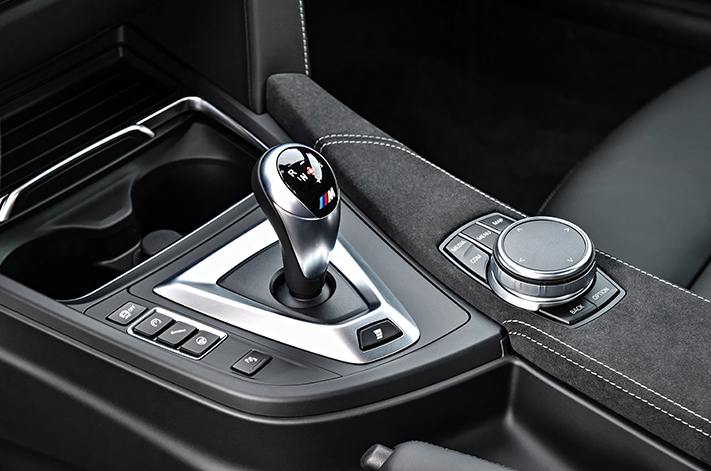
“Manual, for sure, that will go quite soon so I’m not sure if we will get, for the next M3 and M4 generation, a manual.”
While sliding demand is sealing the fate of manuals, Quintus said it is possible that the dual-clutch automatic transmission could follow it soon after as well, with recent improvements in traditional torque converter automatics closing the gap between them and the more technologically-sophisticated dual-clutches.
BMW’s ubiquitous 8-speed torque converter auto, supplied by German company ZF, is a prime example, with crisp performance in manual mode coupled with dual-clutch-beating driveability and refinement in auto mode.
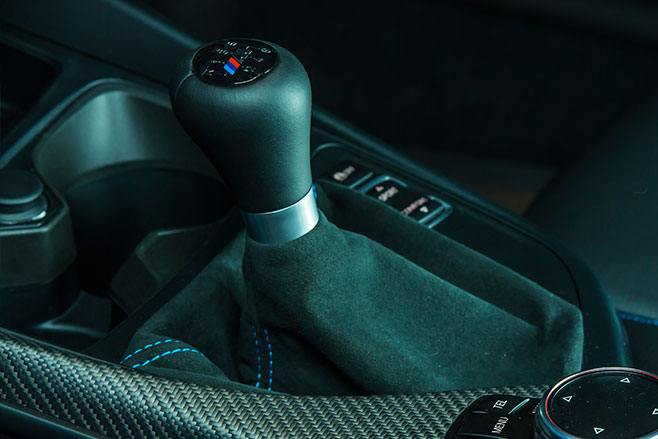
“That’s still under discussion and DCT I’m not sure if maybe in ten year’s time maybe even DCT [will go].
“I think the future is automatic gearbox.”
“In the past, the shifting speed of a DCT was much faster and the other big advantage is weight – it’s much lighter. We can do the same shifting times now with an automatic and also weight reduction is also something where we made good progress.”
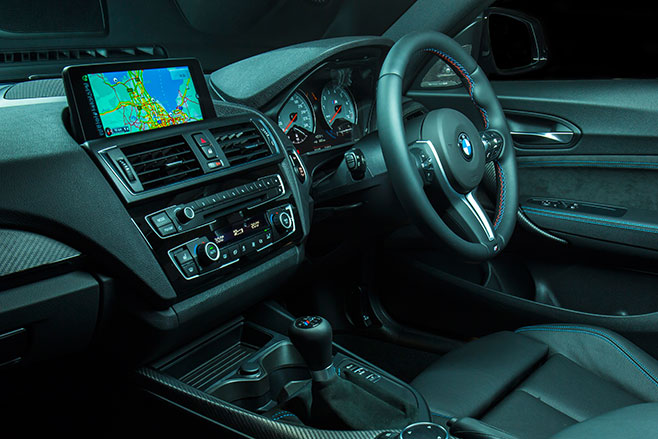
“It was funny when we launched the X6M and X5M because there was a lot of press that said ‘great DCT on this car’ but it’s an automatic gearbox. It’s programmed like a DCT but it’s an automatic.”
For the X5M and X6M, BMW’s engineers programmed the transmission to resist creep when the brake is released in a similar manner to dual-clutch units, while shift speeds in sportier settings were tailored on the aggressive side for a performance advantage.
With increasing performance putting ever more pressure on M-car transmissions, the only solution for manuals would be to develop a new beefier version for the future powertrains, but Quintus said the forecasted declining demand does not justify the significant development cost.
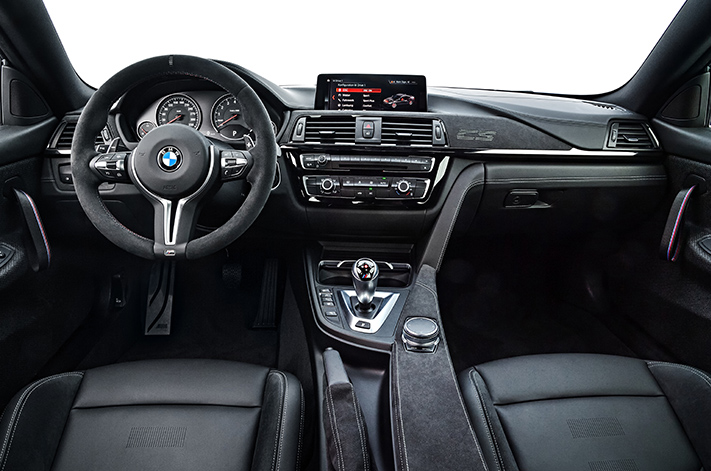
“Certainly, you could take American gearboxes. For muscle cars there are American gearboxes but they are terrible. Extremely heavy.
“We looked at that as an alternative to use one of the American supplier’s gearboxes, but the shifting quality is not something we would accept in our own cars”.


